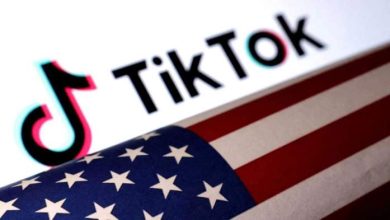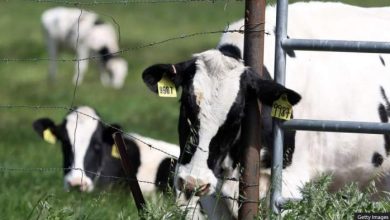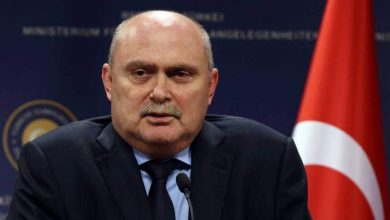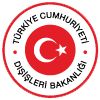News
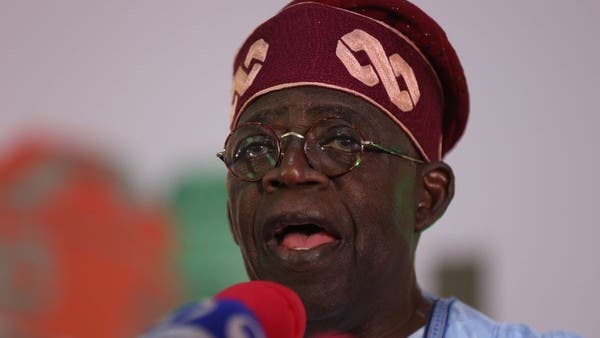
[ad_1]
Nigeria’s presidential election tribunal on Wednesday rejected an opposition challenge to Bola Tinubu’s win in February’s disputed vote, following a pattern seen in previous election years in Africa’s most populous country.
No legal challenge to the outcome of a presidential election has succeeded in Nigeria, which returned to democracy in 1999 after three decades of almost uninterrupted military rule and has a history of electoral fraud.
For the latest headlines, follow our Google News channel online or via the app.
Atiku Abubakar of the People’s Democratic Party and Peter Obi of the Labor Party, who came second and third respectively, had asked the court to invalidate the election, alleging irregularities.
Judge Haruna Tsammani, reading out a lengthy ruling on behalf of the tribunal’s panel of five justices, rejected Obi’s petition point-by-point. He was reading Atiku’s petition, which was also expected to be dismissed.
Obi’s petition was “unmeritorious” and had “not led any credible evidence sufficient enough” to back his claims of irregularities, Tsammani said.
European observers had said in June that the elections were marred by problems including operational failures and a lack of transparency that reduced public trust in the process.
However, the elections stirred little sign of a groundswell of popular opposition, and Tinubu has been accepted by the international community as Nigeria’s legitimate leader. As the tribunal was giving its ruling, Tinubu was in India preparing to take part in the G20 summit there.
Atiku and Obi can appeal to the country’s Supreme Court to strike down the tribunal’s ruling. Any appeal must be concluded within 60 days of the date of the tribunal judgment.
While favorable to Tinubu, the tribunal’s ruling was unlikely to generate any particular euphoria or momentum for the president after an election marked by record low turnout of 29 percent.
In a nation of more than 200 million people of whom 87 million were registered to vote, Tinubu garnered just 8.79 million votes, the fewest of any president since the return to democracy, limiting the goodwill towards him.
Tinubu inherited anemic economic growth, high unemployment, the highest inflation rate in two decades, record debt, massive oil theft that has hit government revenue and widespread insecurity from predecessor Muhammadu Buhari.
He has launched a string of reforms, including the removal of a popular but costly petrol subsidy and of currency controls, but has run into resistance from labor unions, who organized a two-day general strike this week and are planning another.
Read more:
ECOWAS head suggests nine-month transition for Niger junta
W.African delegation arrives in coup-hit Niger, meets ousted President
Nigeria files graft charges against detained and suspended central bank chief
[ad_2]
Source link


